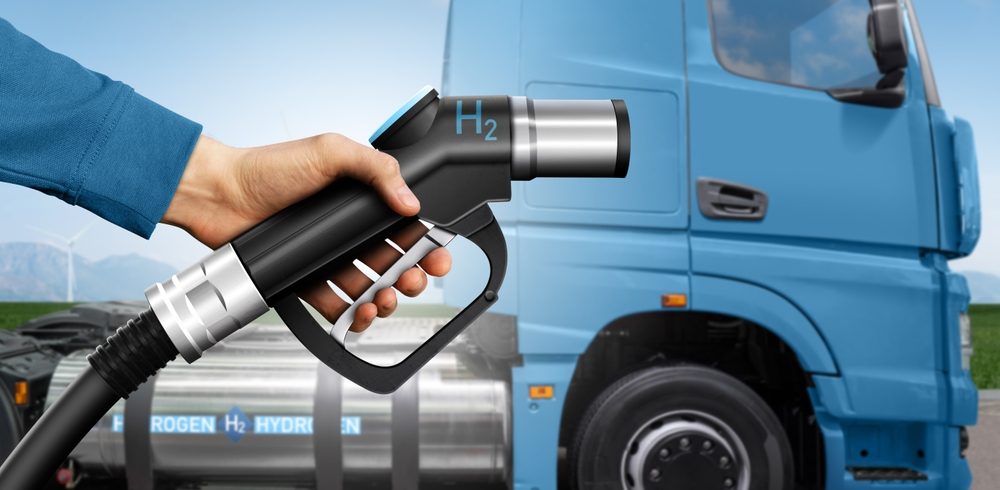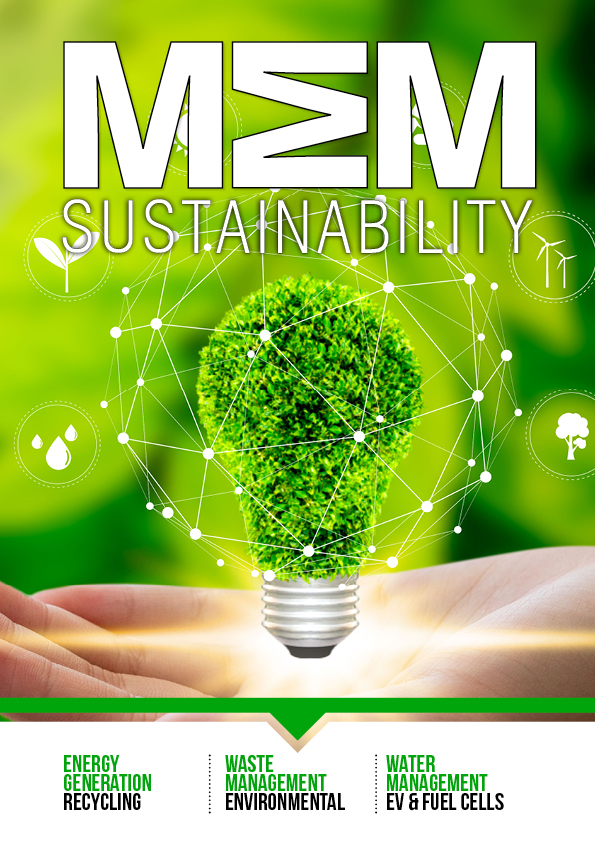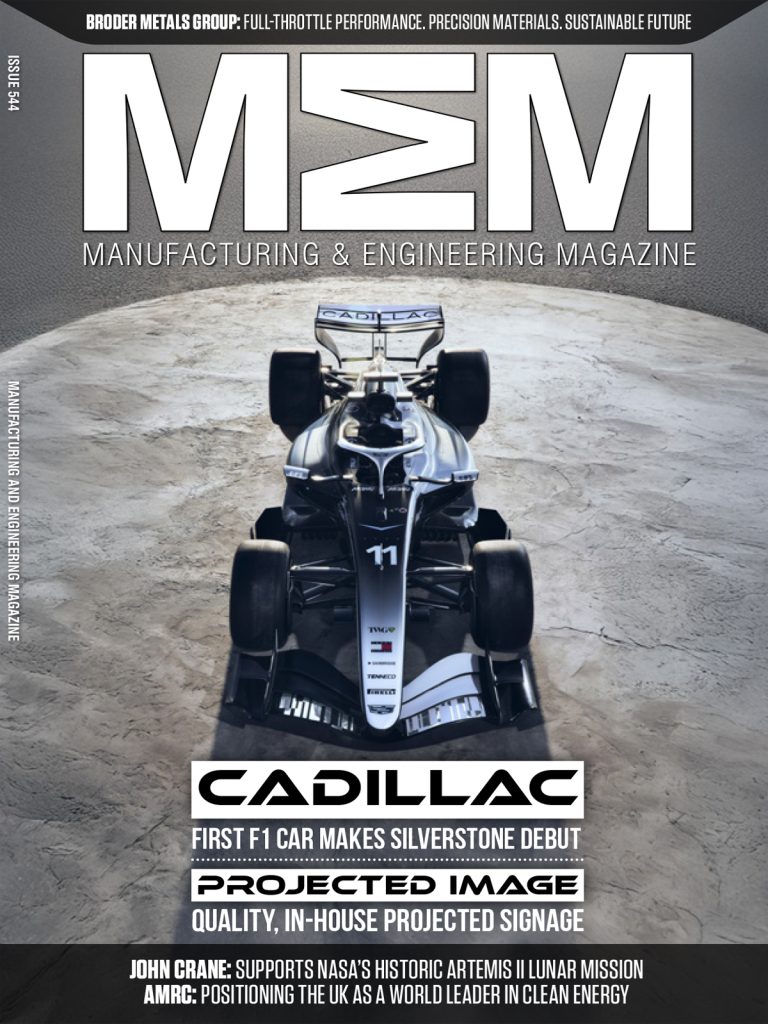Hydrogen fuel cells; the future of transport? : A future without fossil fuels is eventually inevitable, and as the motoring industry prepares itself for a time without petroleum products, a number of experts are betting on hydrogen as the fuel of the future.
Hydrogen fuel cells are the most comparable to petrol or diesel currently, as filling the tank of a fuel cell vehicle (FCV) takes a few minutes, and provides a driving range of up to 400 miles depending on the car. Current filling station infrastructure could be adapted to it, too.
When in contact with oxygen, hydrogen can be transformed into electrical energy to power the vehicleâs fuel cells. There are zero emissions produced from this process, and in comparison to battery powered vehicles, FCVs can be filled in minutes rather than hours, have greater range, and could even be used for larger and heavier vehicles.
Car manufactuing companies around the world are already working on developing FCVs, and some are participating in government-led initiatives to install hydrogen fuelling stations. Asian manufacturers are currently at the lead. German manufacturers are a few years behind, said Dr Emma Guthrie, of Hydrogen Energy, at an APEA conference in Coventry, UK.
Guthrie suggested that the initial investment to construct hydrogen fuelling stations is one of the major challenges facing putting the infrastructure in place. Analysis by Japanâs Nation Renewable Energy Laboratory puts the cost of upgrading one petrol station to a hydrogen dispensing station at almost £2million.
California, Scandinavia, Germany and Japan are currently leading in hydrogen fuelling, with support from their governments, car manufacturers, and fuel retailers. Germany in particular has plans for 400 stations by 2023, with 21 currently completed. The stations are a joint venture from Air Liquide, Daimler, Linde, OMV, Shell and TOTAL, under the name H2 Mobility, and are funded as R&D projects by the German government.
Manufacturing & Engineering Magazine | The Home of Manufacturing Industry News















